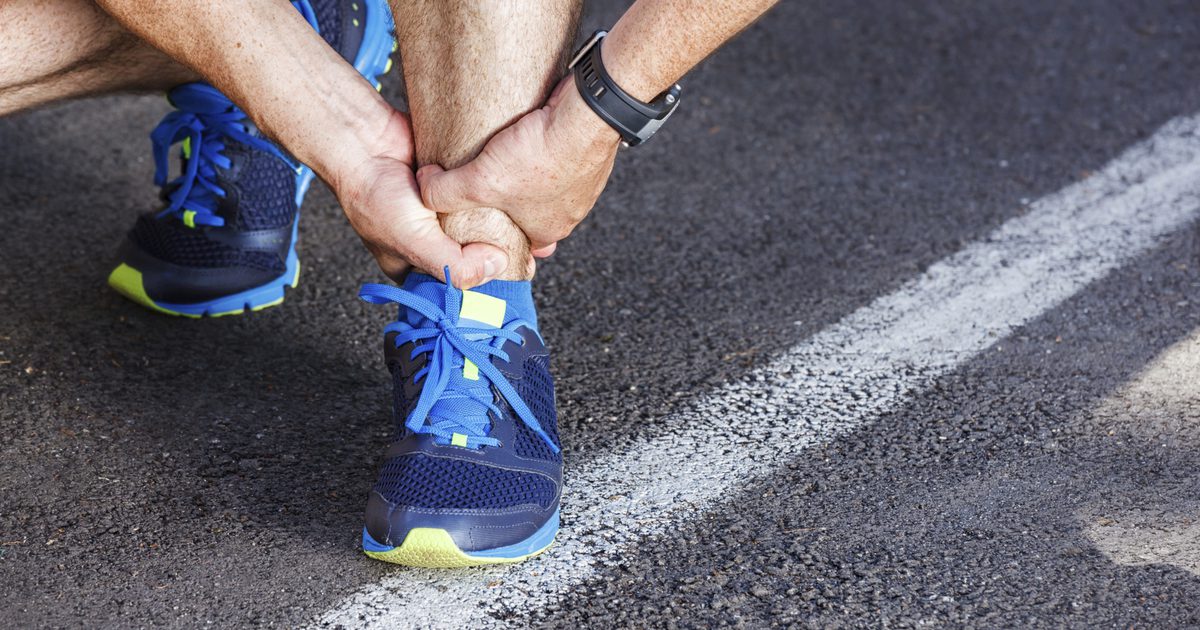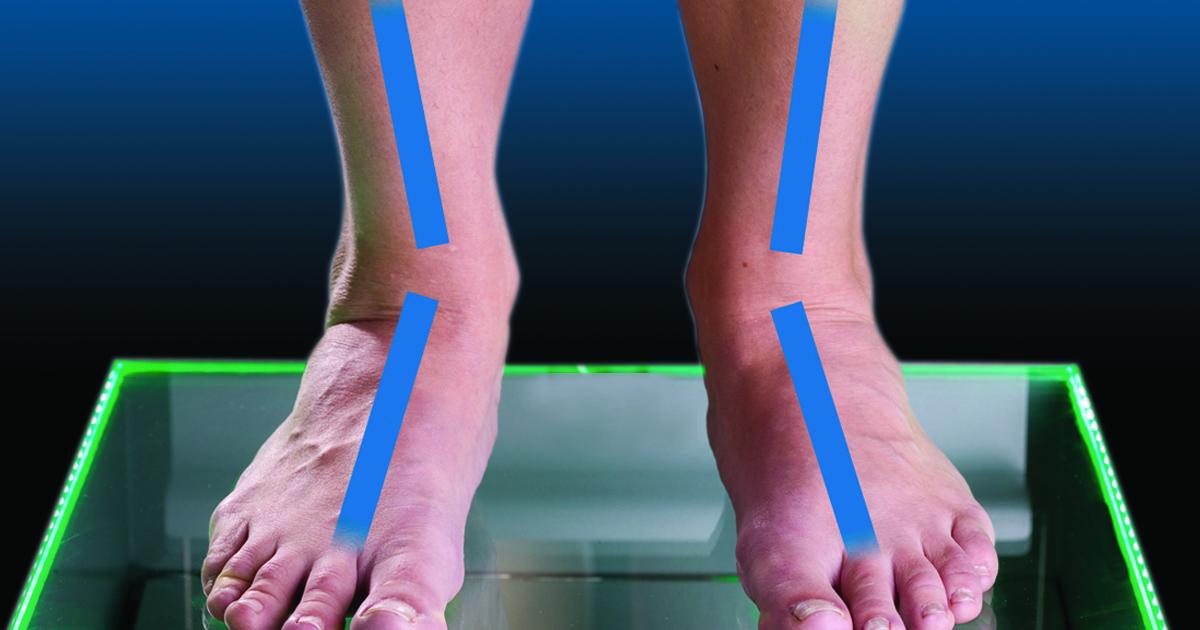Health Benefits Of Wearing Orthotics
Unlike standard shoe inserts, orthotics are medical devices usually obtained via a prescription. Orthotics are meant to be worn inside the shoes to correct a range of structural issues as well as treating many medical conditions. Orthotic devices are divided into soft and rigid orthotics, both of which provide similar benefits. Soft orthotics are crafted from soft materials designed to provide additional cushioning. On the other hand, rigid orthotics are built from harder materials like carbon fiber or plastic. The problems best corrected with rigid orthotics don't necessarily need to be caused by medical conditions like diabetes or bursitis.
Uncover the major health benefits of wearing orthotics now.
Reduces Foot And Leg Pain

Among the most notable benefits of wearing orthotics is doing so reduces foot and leg pain. An array of conditions can cause such pain. Even poor posture can eventually lead to the development of pain and discomfort around the foot and leg. Many causes of these symptoms originate within the lower back, which is comprised of the nerves that control function and movements in the legs and feet. Some of the more common health conditions that can cause foot and leg pain include lumbar degenerative disc disease, a herniated disc, and spinal stenosis. It's possible the pain has developed because of an awkward sleeping position or because individuals need to stand for lengthy periods at work. By wearing orthotics, patients will be able to maintain the correct alignment of the feet and legs, which means any pain in these areas should lessen over time. Even if the pain isn't severe, wearing orthotics now can prevent the issues from worsening.
Learn more about why wearing orthotics benefits health now.
Helps Manage Minor Foot Deformities

Orthotics help manage minor foot deformities and can help individuals walk and run properly. Foot deformities are either congenital or can be acquired at some point in life, the former of which means the deformity is present at birth. If the deformity is of the structural variety, orthotics may be able to provide slight corrections that make the effects of the deformity all but disappear. The most notable congenital foot deformity is a club foot, which is oftentimes congenital and results in the foot being twisted in an incorrect shape or position. While severe cases of club foot may need to be corrected with surgery, orthotics can prove helpful with minor cases. Some of the additional foot deformities that could be managed with orthotics include splay foot, metatarsus adductus, or pes cavus, the latter of which is more commonly referred to as a high arch. If patients suffer from splay foot, orthotics can provide support to the ball of the foot, which should provide some relief and help them walk and stand more naturally. Orthotic devices are also commonly used with high arch issues.
Continue reading to reveal more health benefits of wearing orthotics now.
Reduces Shock From High-Impact Exercise

Orthotics reduce the shock from high-impact exercise, which should help patients avoid certain foot injuries. While exercise is exceedingly important to overall health, performing certain exercises can actually be detrimental to health if individuals are not taking the right precautions. Over time, exercise will invariably cause stress to the joints in the body. If individuals regularly perform high-impact exercises, these types of exercises have a higher chance of causing them to suffer from an injury since they place stress on areas like the knees, ankles, and hip joints. Injuries to these areas are particularly common with runners and can include everything from stress fractures to general knee pain. Since orthotics provide additional cushioning to the shoes patients wear, the stress and shock high-impact exercises cause to joints can be minimized.
Get more information on how orthotics boost health now.
Aligns And Supports The Spine

An orthotic device aligns and supports the spine by first providing direct support for the foot. When individuals wear these inserts, they'll likely notice their posture is automatically straighter. Proper spine alignment is highly beneficial to an individual's ongoing health. Along with the standard bouts of back pain a misaligned and weak spine can cause, patients can also experience headaches and neck pain when their spine isn't correctly aligned. Patients develop poor posture for any number of reasons, most of which don't point towards an underlying health condition. However, misalignment can also be caused by too much tension, accidents, injuries, and overworked muscles. No matter what the cause, correcting spinal problems with orthotics should help lessen the other symptoms individuals might be experiencing.
Understand more ways in which wearing orthotics benefit health now.
Corrects Overpronation

Overpronation is a condition that occurs when the arch of the foot collapses inwards or downwards as individuals walk. While this might not seem like an issue that needs to be addressed, overpronation is known to heighten the chance of different foot injuries. This condition causes problems with the body's natural alignment, which is why patients will likely experience more injuries to the foot and ankle. Some of the more common injuries that occur because of overpronation include Achilles tendonitis, lower back pain, stress fractures, heel pain, shin splints, and plantar fasciitis. Individuals with flat and highly flexible feet are more likely to suffer from overpronation. These issues are worsened by being overweight or pregnant. An orthotic device corrects overpronation by offering additional arch support and minimizing the impact that occurs when walking. Custom orthotics obtained with a prescription provide the best results.